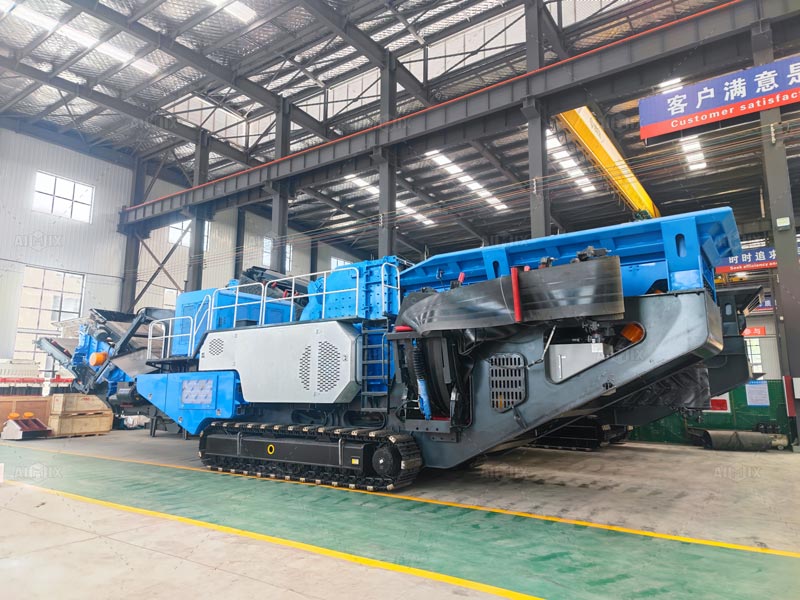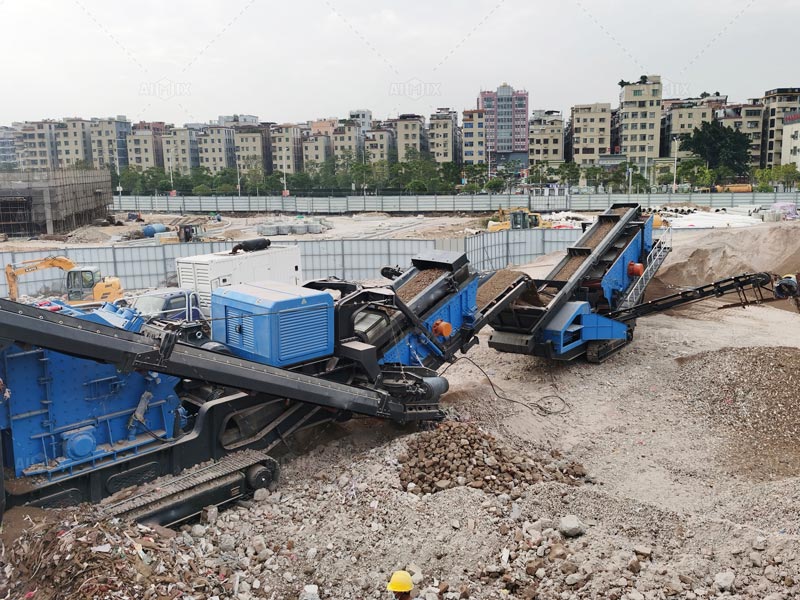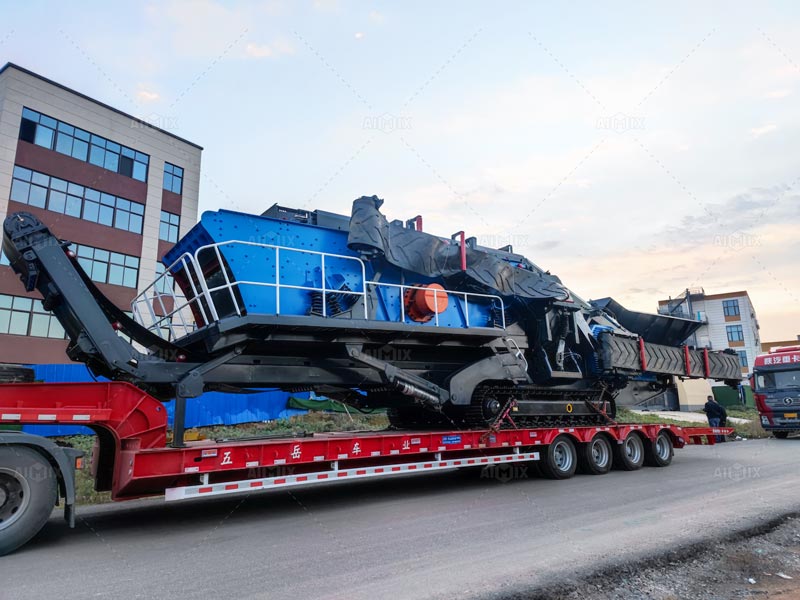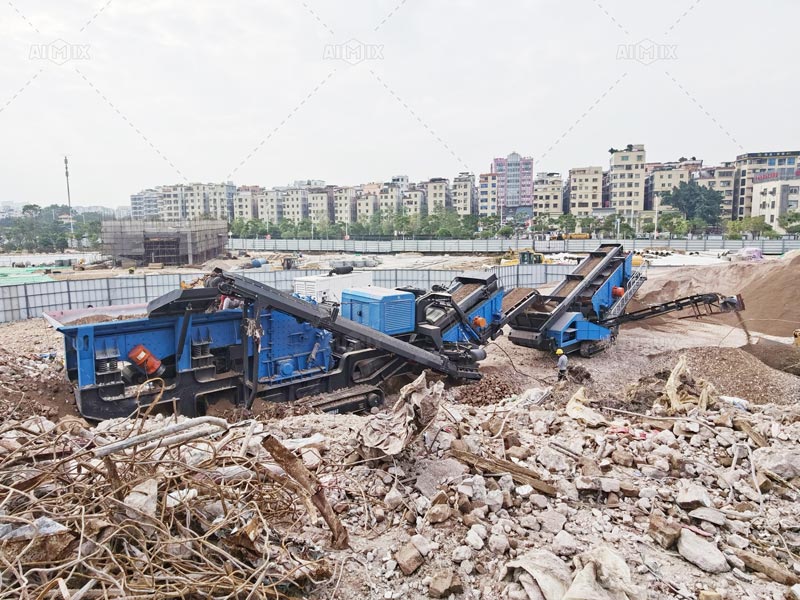Concrete crushers are specialized machines used to reduce concrete into smaller, manageable pieces, facilitating its removal and recycling. Essential in construction and demolition projects, these powerful tools play a crucial role in efficient material handling and sustainable construction practices.
Types of Concrete Crushers
Concrete crushers come in various types, each designed for different scenarios and needs. Understanding the differences is key to choosing the right crusher for concrete for your project.
Jaw Crushers
Jaw crushers use two vertical jaws that oscillate to crush concrete. One jaw is fixed, while the other moves back and forth. This type is ideal for handling rubble from demolished concrete structures.

Impact Crushers
Impact crushers utilize high-speed impact force to break down concrete. Materials are fed into a chamber and hammered by a fast-moving rotor. These impact crusher machines are effective for producing more uniform-shaped aggregate.
Cone Crushers
Cone crushers work by crushing materials between an eccentrically gyrating spindle and a concave hopper. They provide high-quality end products but are less effective with very hard or abrasive materials.
Mobile Concrete Crushers
Mobile concrete crushers are a type of portable machinery designed to crush concrete and other construction materials on-site, allowing for the immediate reuse of the resultant crushed material. These machines are pivotal in many construction, demolition, and recycling operations, providing a flexible and efficient solution for managing concrete debris.
Considerations When Choosing a Mobile Concrete Crusher
- Size and Output Capacity: Assessing the scale of your project will help determine the size of the crushing plant you need. Larger crushers offer higher output but require more space and investment.
- Mobility Features: Some crushers are more mobile than others, offering features such as remote-controlled operation or compact dimensions that are ideal for tight spaces.
- Compatibility with Existing Equipment: Consider how the crusher integrates with your current machinery and whether additional equipment (like conveyors) is needed.
- Environmental Regulations: Ensure the crusher meets local regulations regarding noise, dust, and emissions.

Applications of Concrete Crushers
Concrete crushers are not limited to construction site clean-ups. Their versatility extends to various applications, making them pivotal in many operations.
Demolition and Recycling
The primary use of concrete crushers is in the demolition of buildings and infrastructure. By breaking down concrete into recyclable sizes, they promote sustainability and reduce landfill waste.
Roadwork and Infrastructure
In road construction and repairs, concrete crushers prepare old concrete for reuse as sub-base material, laying the foundation for new roads and reducing the need for new raw materials.
Benefits of Using Concrete Crushers
The advantages of using concrete crushers in construction and demolition projects are numerous, impacting both efficiency and environmental sustainability.

Efficiency and Cost Savings
By recycling on-site, concrete crushers significantly reduce transport and disposal costs, while also speeding up project timelines.
Environmental Impact
Recycling concrete reduces the demand for new resources, cuts down on emissions from transport and manufacturing, and limits landfill growth, making it a win for the planet.
Conclusion
In summary, concrete crushers are invaluable tools in modern construction and demolition projects. With their ability to turn waste materials into reusable resources, they exemplify the principles of sustainable construction and offer a practical solution to the challenges of managing concrete debris.

